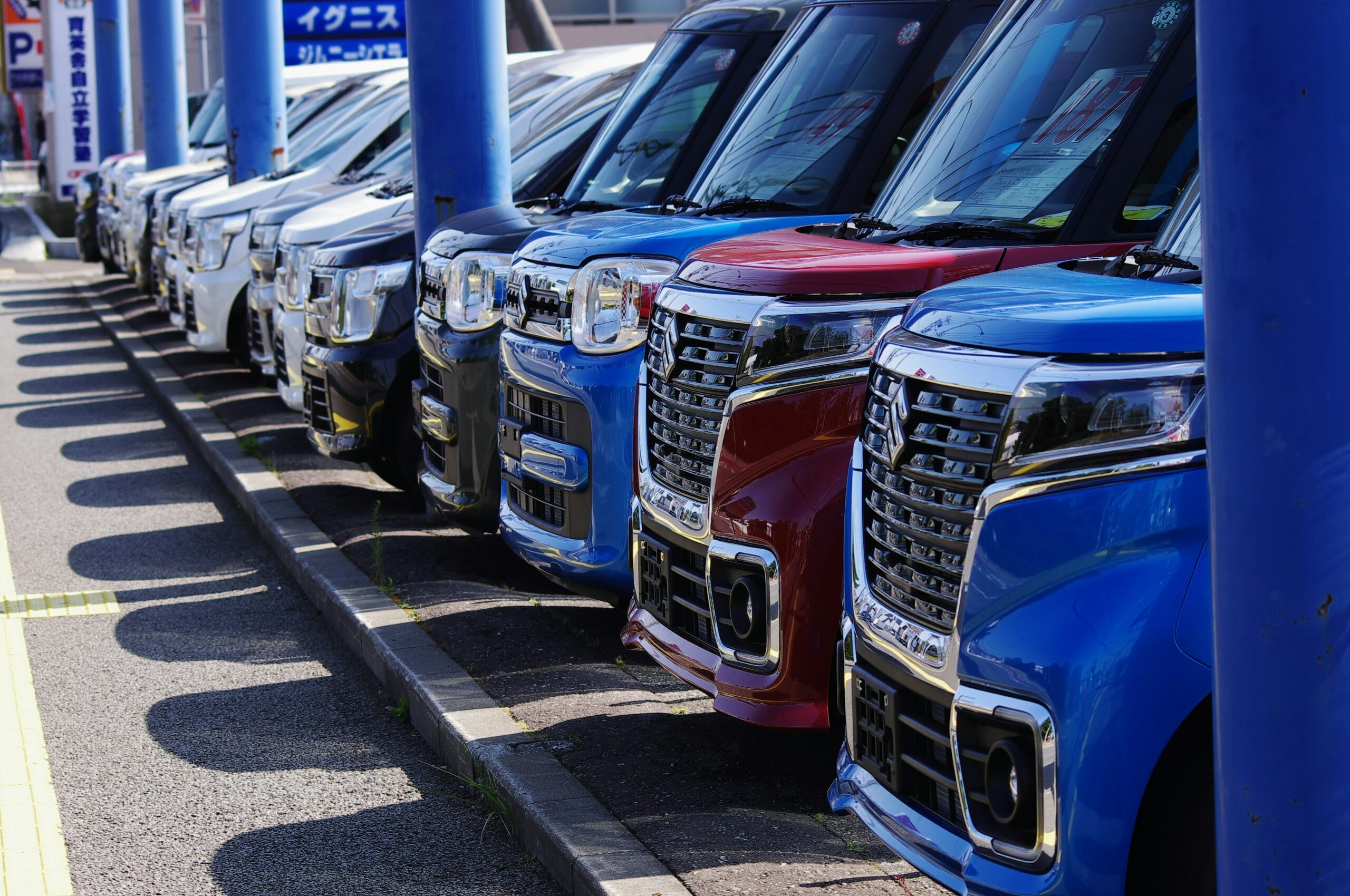The automotive industry is on the brink of a transformative era, driven by technological advancements and changing consumer behaviors. As we move into 2024, several key trends are set to reshape how vehicles are sold, influencing the strategies of sales managers and industry leaders like Tyrell Evans. This article explores the most impactful trends that professionals in automotive sales should prepare for in the coming year.

Embracing Digitalization
One of the most significant shifts in automotive sales has been the move towards digitalization. With an increasing number of consumers preferring to conduct their shopping online, dealerships and automotive companies are enhancing their digital platforms to offer a seamless buying experience. From virtual showrooms to augmented reality that allows customers to customize and view their vehicle in high definition, digital tools are revolutionizing the car buying journey.
For industry experts such as Tyrell, adapting to these digital trends is not just about adopting new technologies, but also about understanding how these technologies change consumer expectations and sales dynamics. Sales teams will need to develop new skills focused on digital marketing, data analysis, and customer relationship management in a largely virtual environment.
Sustainability and Electric Vehicles (EVs)
The surge in environmental awareness has spurred significant interest in electric vehicles (EVs). Governments worldwide are pushing for stricter emissions standards, while consumers are becoming more eco-conscious, driving the demand for cleaner and more sustainable vehicles. This shift is influencing inventory decisions at dealerships and requiring sales teams to be knowledgeable about the benefits and maintenance of EVs.
Sales managers like Tyrell are now tasked with navigating this evolving landscape, where success increasingly depends on a dealership’s ability to meet the green expectations of modern consumers. This includes training sales staff not only on the features of EVs but also on related incentives and rebates, which can be pivotal in closing sales.
Enhanced Customer Experience
In 2024, the focus on customer experience is stronger than ever. Consumers expect not only a smooth and personalized buying experience but also extensive post-purchase support. This trend is about creating long-term relationships rather than transactional sales, emphasizing customer loyalty and retention.
Automotive sales professionals are now looking at ways to enhance the customer experience at every touchpoint. This could mean more robust after-sales services, loyalty programs, or even community-building events hosted by the dealership. For professionals like Tyrell, who already prioritize customer satisfaction, refining these strategies to foster a sense of community and ongoing engagement can set their dealership apart from the competition.
Utilizing Data Analytics
Data analytics is transforming how car dealerships operate, from inventory management to personalized marketing and beyond. By leveraging data, sales managers can better predict trends, understand consumer preferences, and optimize inventory. Additionally, data can enhance customer relationships through personalized communications and offers, tailored to individual preferences and past behaviors.
For Tyrell Evans, the ability to utilize data effectively can be a game changer, enabling more strategic decision-making and improving both customer satisfaction and profitability. The key is to integrate advanced analytics tools that can process large volumes of data for actionable insights.
Conclusion
As we look ahead to 2024, the trends shaping the automotive sales industry offer both challenges and opportunities. For sales managers and industry professionals like Tyrell Evans, staying ahead of these trends is crucial to adapting and thriving in an increasingly competitive market. By embracing digitalization, recognizing the importance of sustainability, enhancing customer experience, and leveraging data analytics, automotive sales teams can drive success in the new landscape of vehicle retail.
Navigating these changes will require a proactive approach and a willingness to continually learn and evolve. Those who do so will be well-positioned to lead their teams through the exciting transformations the future holds.



